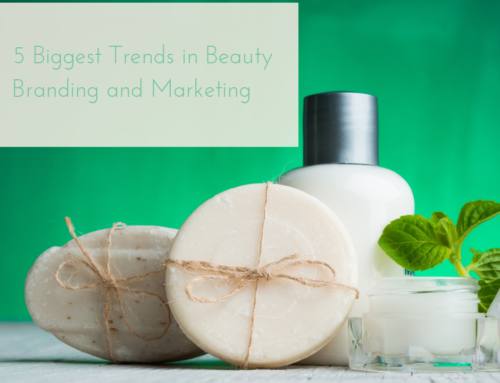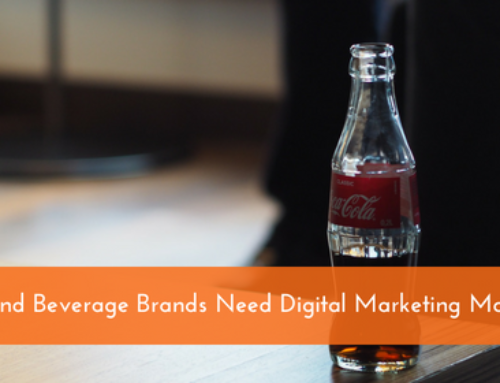Any divorce attorney who’s received questions from family members regarding tax law understands one fundamental truth: In the eyes of the general public, a lawyer is a lawyer. That’s why branding is so important, no matter how big or small your practice is.
Stacy Smith of Carter Conboy in Albany, NY, says, “Research shows that, when measuring law firm branding ROI, there is a direct correlation between a strong brand and superior profitability and firm value. Many lawyers believe ‘brand’ simply equates to developing a firm logo when, in fact, your brand should be the first step in your firm’s tactical marketing strategy and unique selling proposition.”
And she’s very right. Developing a brand involves so much more than simply designing the image used to identify you. You must even dig further than your law specialty. These are things that every other law firm has, whether three attorneys or three hundred. So, what are you doing to ensure clients come to you before anyone else? Here are a few ways to get started.
Employing Rhetorical Devices
For many in need of law services, each of the rhetorical devices is in play. These include:
- Logos – logical ideas. A man needs legal assistance. A lawyer is the next logical step.
- Ethos – credibility. A man needs legal assistance. He wants someone knowledgeable and trustworthy.
- Pathos – emotional appeal. A man needs legal assistance. He’s probably facing one of the hardest moments of his life.
This is all very deep and super Greek, but it’s also very important. Before you can begin developing your brand, you have to consider these three separate appeals and how you’ll use them to reach potential clients.
Logos
Let’s talk about logos first. It’s pretty obvious that someone who needs legal help will seek out a lawyer, right? How do you make sure your firm is the logical choice for that person? Yes, you’ll need to identify your firm by name, and you’ll need a logo potential clients can recognize on sight. Just remember that few logos scream “Lawyer!” so you’ll have to find other ways to tell people what you do.
The next logical step is to identify your specialty, but make sure you dig deeply. Yes, an author who just received his or her first contract needs an entertainment lawyer, but does your firm handle authors or actors? In order to make your entertainment law practice the logical choice for authors, you need to make sure they know exactly where you stand.
Ethos
After you’ve convinced potential clients that hiring an attorney when they need legal help is a logical decision, you then have to convince them of your credibility. If it’s not too cheeky to point out, attorneys have a particular reputation. To overcome this reputation, you must work to convince clients that you are credible, reliable, and knowledgeable.
How can you set yourself apart from other firms, both large and small, when it comes to your reputation? The first way, of course, is to simply be credible. If you want to brand your firm as understanding, helpful, honest, and knowledgeable, your reputation must support your claims.
Pathos
Appealing to the emotional side of your clients is much easier than it sounds, but you must first realize the importance. Why does someone seek a divorce attorney? Obviously, there are things going on in his or her personal life that require a delicate touch. Part of your branding should then include the sensitivity with which you approach each case.
Real estate law offices may believe their cases are straightforward and without emotion, but the truth is that buying a new home is a big deal. Those on either side of the deal will feel extreme anxiety, sadness, excitement, loss, and maybe even helplessness. If your branding standards don’t include the emotional side of closing on a home, you could lose out to more defined brands.
Before developing your brand for any law specialty, consider the emotional stake your clients will have. Address these topics when devising your campaigns so that logos, ethos, and pathos take equal part.
Once you realize how important logic, credibility, and emotion are in developing a brand, you’ll spot the rhetorical devices everywhere. What companies have you seen putting these theories to work? I’d love to know your thoughts, so please leave a comment!






